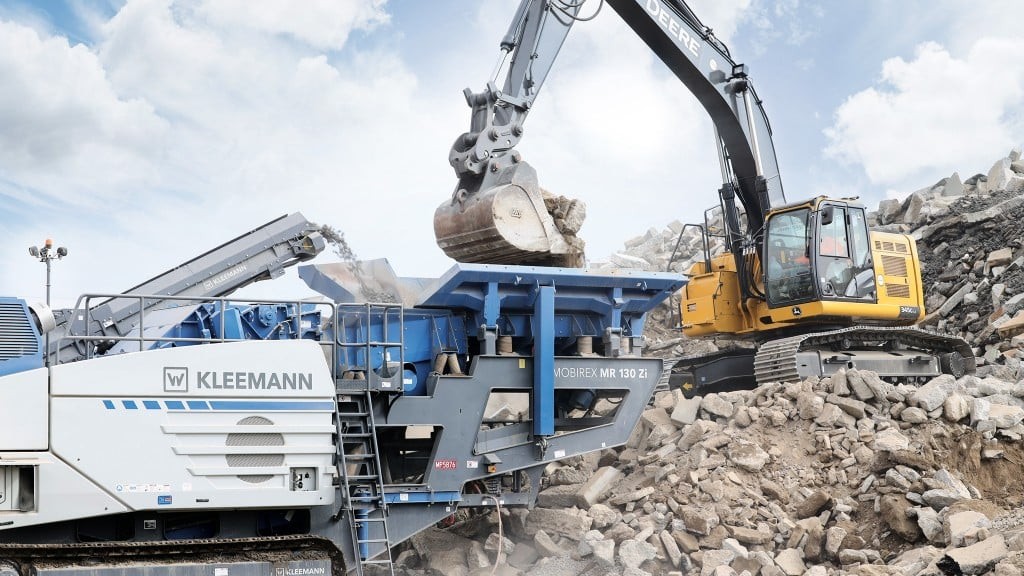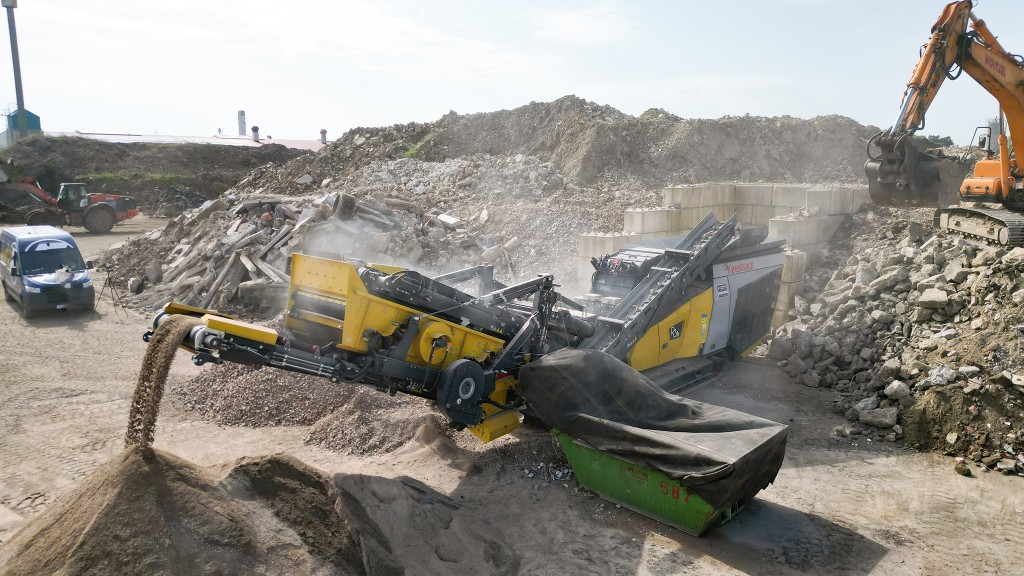10 questions to ask before buying a mobile impact crusher
A practical guide to help recycling and demolition pros choose the right mobile impact crusher for performance, cost efficiency, and long-term reliability

Choosing a mobile impact crusher is a critical decision for any recycling or demolition operation. To ensure you choose the right machine that fits your needs and budget, here are ten essential questions to guide your purchase.
1. What is the intended application, material type, and volume?
Identify the type of material you will process, such as concrete, asphalt, or natural rock, and calculate projected costs per ton for running the crusher, including fuel, wear parts, and maintenance. Also be sure to estimate the amount of material and define the desired end-product size and quality. Understanding these factors helps determine the machine's capacity and suitability.
2. What environmental conditions and power options apply?
Consider local environmental regulations on noise, dust, and emissions where the crusher will operate. Check if electric power is available and cost-effective compared to diesel. Electric or hybrid models might offer environmental and operational advantages in certain settings.
3. What are the key technical specifications of the model?
Pay attention to engine horsepower, rotor weight, and blow bar size to understand crushing power. Evaluate hopper capacity, feeding height, total machine weight, and dimensions, and confirm the machine can be transported easily within your fleet and job sites.
4. What type of rotor drive does the crusher use?
Is it direct from the engine, electric, or hydraulic? Each option comes with its own trade-offs in terms of power, fuel use, and maintenance. Think about what fits your workflow best — do you want simplicity, efficiency, or flexibility?
5. Can it move while it crushes?
Some impact crushers can track while crushing, which is a game-changer on active job sites. If you're constantly repositioning equipment, this feature can save serious time and hassle.
6. How will it fit with the rest of your setup?
If you're running a jaw upfront or a screen plant downstream, make sure your impact crusher plays nicely with the rest of the system. Smooth material flow is key to keeping production moving and avoiding bottlenecks.
7. Do you need built-in options or extras?
Would a built-in screen make your life easier? How about a magnet for rebar or an extended conveyor? Don't overlook the value of integrated systems. They can make your setup more compact, efficient, and easier to manage.
8. What's under the hood?
Quality parts matter. Take a good look at the blow bars, rotor, hydraulics, electronics, and even the steel used in the frame. Cheap components will cost you more in the long run through wear, breakdowns, and downtime.
9. Is it easy to maintain?
Quick, hassle-free maintenance keeps production moving. Look for a design that allows easy access to service points and fast blow bar changes. Less downtime means more tons crushed and fewer headaches on site.
10. How fast can you get parts?
Even the best machines need service. Ask how quickly you can get replacement parts and what the local support looks like. If a critical part goes down, you want to be back up and running fast.
Asking these kinds of practical, job site-focused questions will help you find a mobile impact crusher that doesn't just tick boxes, but actually delivers on your day-to-day needs.


